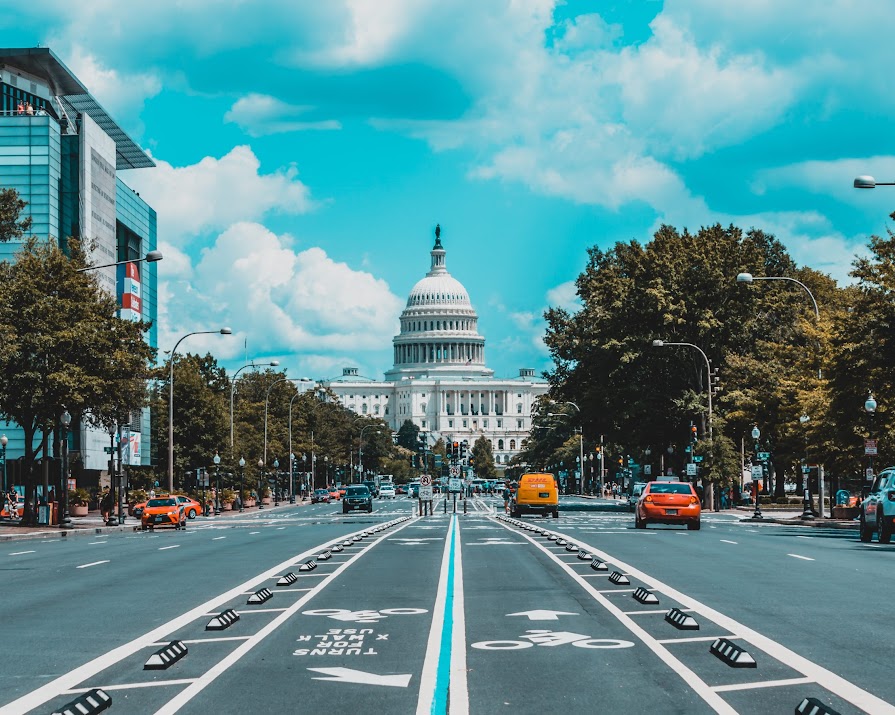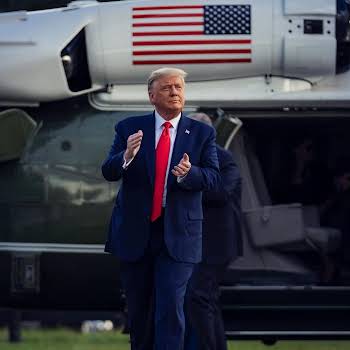
The US will withdraw from the Paris climate agreement the day after the election
By Megan Burns
02nd Nov 2020
02nd Nov 2020
On November 4, America will officially leave the Paris climate agreement. Here’s what it means for climate change, and for any future US administration.
Exactly four years after it was instated, the United States will withdraw from the Paris climate agreement, which was set up to strengthen the global response to climate change, and help countries to deal with its impact.
This date happens to fall the day after the Presidential election in America, November 4, and the nation’s choice of President will greatly impact how the country moves forward from this decision.
President Trump withdrew from the agreement on the earliest date possible due to its complex rules on doing so, believing it would stunt US growth. “It is time to put Youngstown, Ohio; Detroit, Michigan; and Pittsburgh, Pennsylvania, along with many, many other locations within our great country, before Paris, France,” he declared in 2017 when he announced that the United States would leave the agreement.
Joe Biden, however, has committed to rejoining should he be made President, and could make moves to do so as soon as he came into office.
Almost 200 countries have signed up to the agreement, which came into effect on November 4, 2016, but the United States is the only one so far to have left. Each country committed to its own individual goals, with wealthier countries also pledging to help poorer ones pay for the cost of climate change.
America had pledged to reduce greenhouse gas emissions by a quarter by 2025, compared with 2005 levels, but researchers at Columbia University in New York have recorded more than 160 rollbacks of environmental regulations by President Trump, on things such as car fuel standards, methane emissions, and light bulbs.
The agreement was designed to be difficult to leave, which is why it has taken so long. Some are worried that a nation as powerful as America leaving sends a message to other countries that they could do the same. Such commitments will only have an impact if there is widespread adherence, especially from countries that produce the most emissions, such as China and India.
Joe Biden, on the other hand, has not only pledged to rejoin the agreement, but also wants the US energy sector to become carbon net-zero by 2035, meaning any emissions would be offset by carbon capturing. He also wants to make electric transport widespread throughout the country.
This Presidential election has been notoriously divisive, but it seems that this is one aspect of the race that could affect the whole planet.
Featured image: Jorge Alcala via Unsplash
Read more: Doomscrolling: How to break up with your phone, according to the IMAGE crew (who are still working on it)
Read more: Lockdown The Sequel: the dos and don’ts for long winter nights
Read more: 10 under €20 comforting Irish items in our baskets for payday























